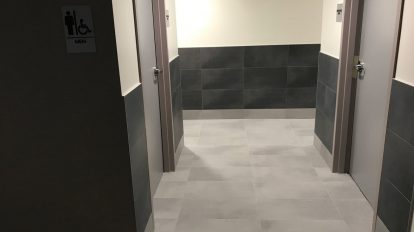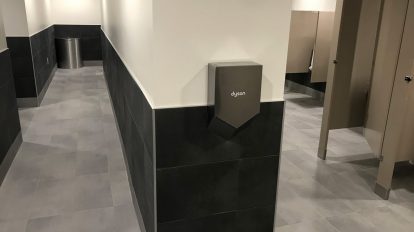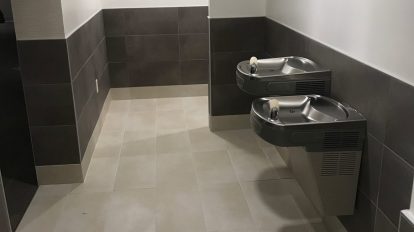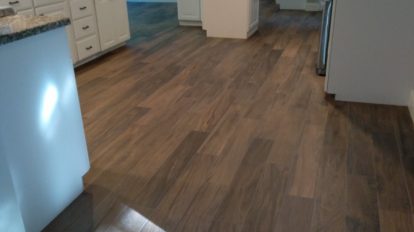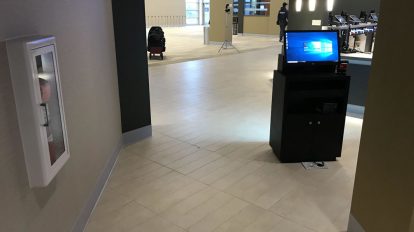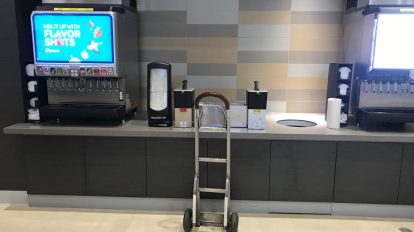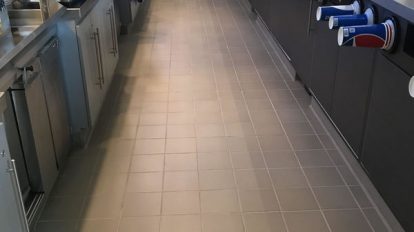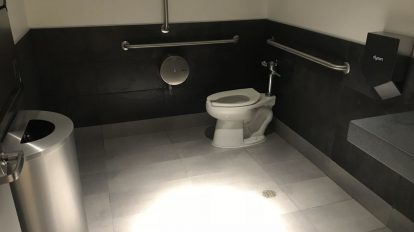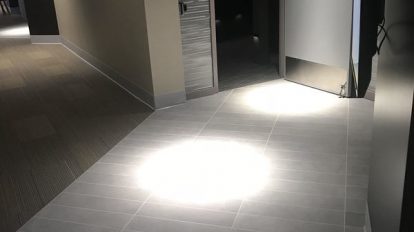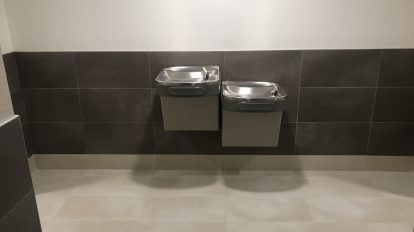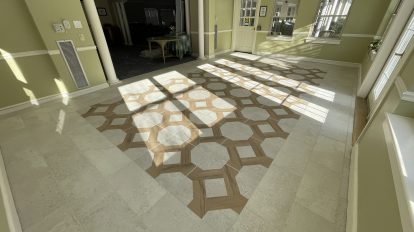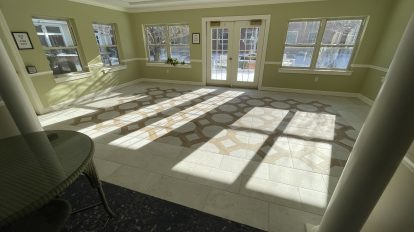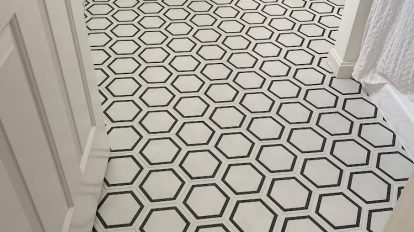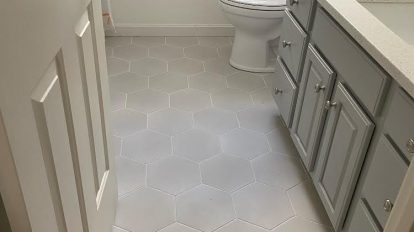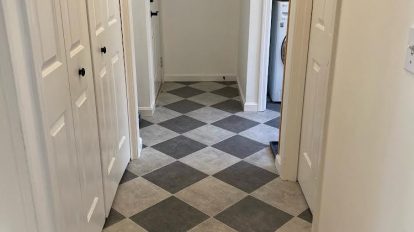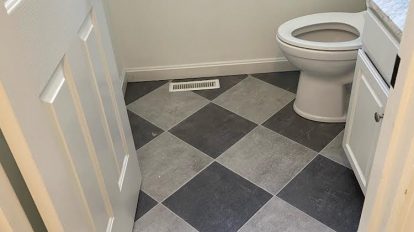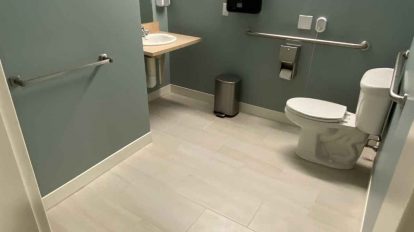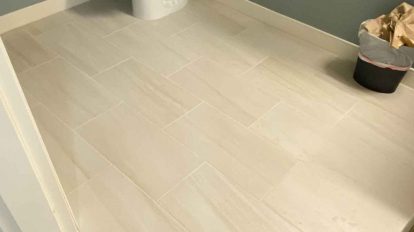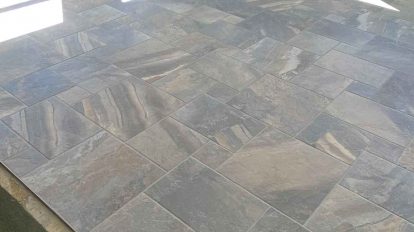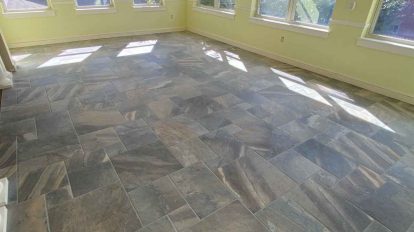Commercial & Residential Laminate Flooring
Do you choose porcelain or ceramic tile?
Tile, regardless of it being porcelain or ceramic, is capable of resisting moisture, stains, and bacteria. It’s why it’s a popular choice in various “wet” areas – including bathrooms and kitchens.
There are some differences between the composition and manufacturing process of porcelain and ceramic tile. Porcelain is made of finer clay that is packed at a higher pressure. It is, then, finished in a kiln at higher temperatures. Meanwhile, ceramic tile tends to be more porous and is capable of absorbing water at a higher rate.
Both types of tile can take on various aesthetics. In addition to the size, color, and texture of the tiles, they can also be made to look like other flooring materials.
For example, wood tile is gaining a significant amount of popularity. This flooring trend allows you to choose square or rectangular tiles that look like wood. However, they are still made of porcelain or tile, allowing them to withstand more moisture. Plus, they can last longer than wood flooring, especially if you have a significant amount of traffic.
Porcelain tile is the more durable choice, which is why it is commonly used in commercial spaces. Ceramic tile can be used in residential spaces as well as for wall tile, such as for backsplashes in wet areas.
Benefits of Porcelain/Ceramic Tile Flooring
It’s important that you choose a flooring material that works well for your space. Porcelain/ceramic tile tends to be extremely versatile in both residential and commercial settings.
There are quite a few benefits that you should be aware of.
Water Resistance
One of the first and most obvious benefits of tile flooring is that it is water-resistant. Particularly when you choose glazed flooring tiles, there is an added protective layer. It makes the flooring impenetrable to water and stains. It means that you don’t have to worry about the flooring peeling up or buckling as it is exposed to water, spills, and other accidents over time.
If you are laying the tile in an area where there is high humidity, it’s capable of withstanding the added moisture in the air. If you have unglazed floors, they can be sealed so that they are better protected.
With water resistance comes mold resistance. It’s what can ensure that you don’t have to rip your floors up and start new just because of some moisture.
Durability
Ceramic and porcelain floors are extremely durable. Particularly with porcelain, you will find that they are tough to crack. If you have proper installation, tile flooring can last 10 to 20 years (or longer). You simply have to know how to maintain the floors.
The added benefit is that if you do crack a tile, it’s easy to replace the single tile rather than the entire floor.
Easy to Maintain
Cleaning and overall maintenance should be a consideration as you choose flooring. Ceramic and porcelain tiles are easy to clean. Often, you can simply sweep the floor to get rid of dust and dirt. A wet mop will take care of dirt and stains that rest on the surface.
Other maintenance to keep the tile looking great can include steaming – which will also help to keep the grout lines looking great year after year.
Minimal Allergens
Another thing to consider with tile is that it offers a hard surface. It won’t attract and retain dirt, dust, pet hair, or other allergens like carpet can. It can help to keep the air free of such things that may lead to allergies. When there are any allergens, it is surface level, making it easy to clean up quickly.

